Wat Sopharam
General Rules for Meditators
What does it mean to stay in a monastery?
Inside the monastery, the Eight Precepts are followed. The following points should also be noted:
Additional advice to foreign meditators
In Thailand, the feet are considered the lowest part of your body.
Therefore, it is rude to point your feet at anyone.
Do not touch the top of any Thai person’s head, as this is also considered rude.
Be aware that it is rude to point your feet at any Buddha images.
- LIVING -
- Meditators will be assigned to her/ his own private room with keys to store their belongings.
- Male / Women residence
- Optional air-condition room For your convenience, adjust to reside in the monastery. (cost 300 baht / day)
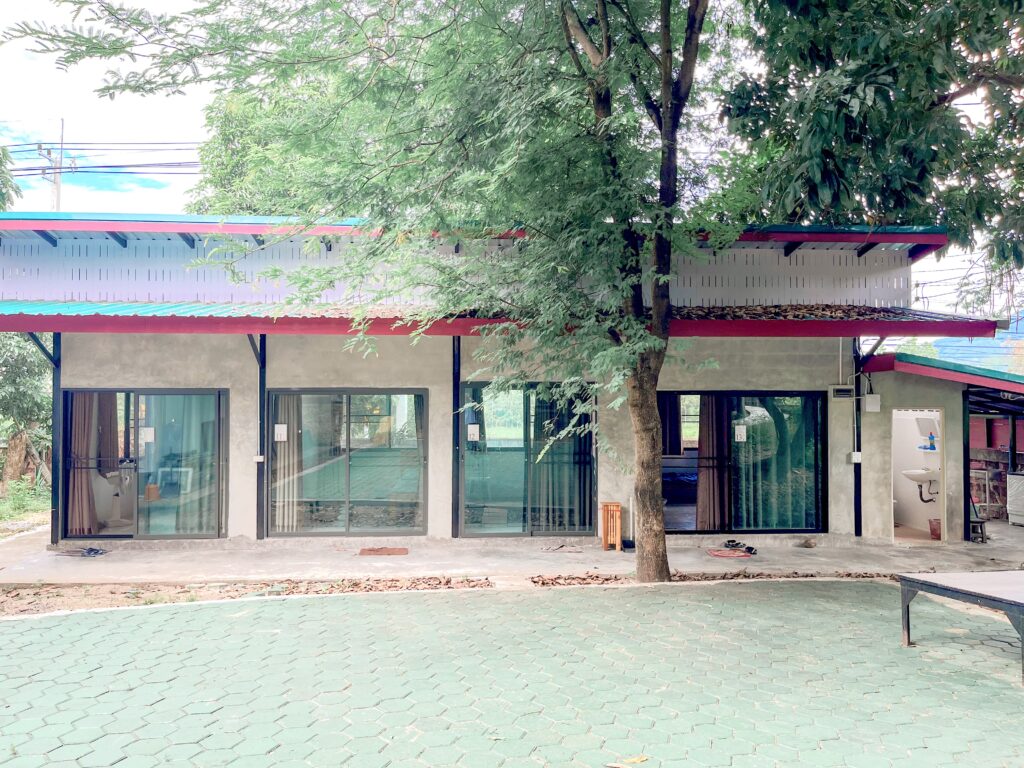
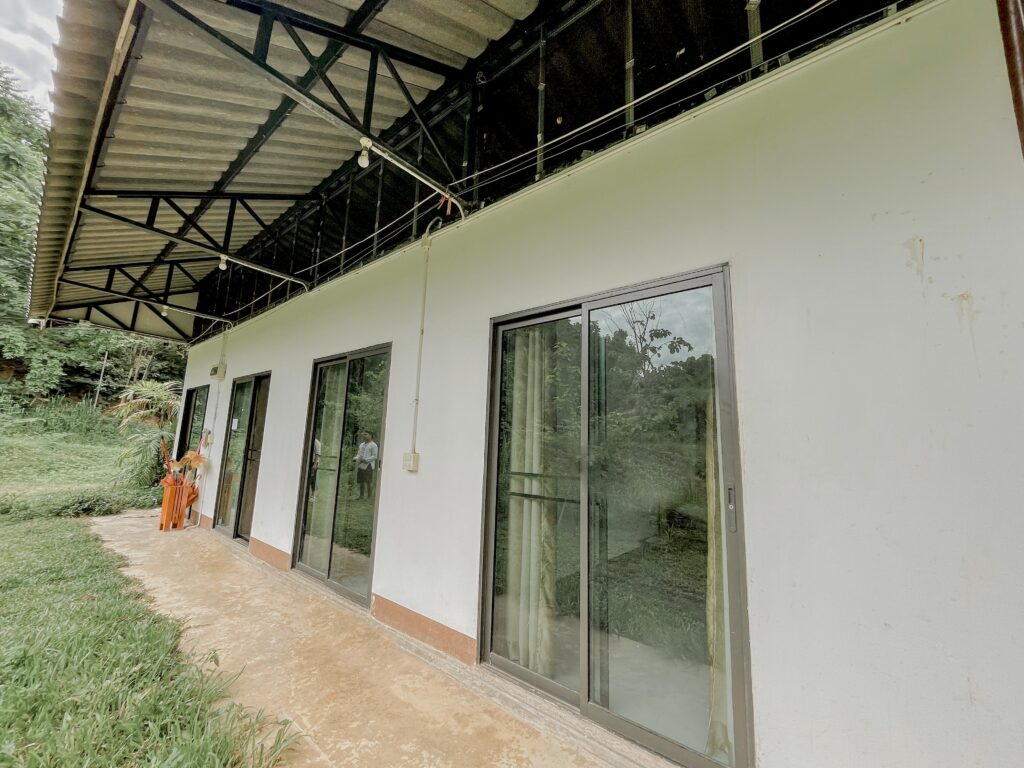
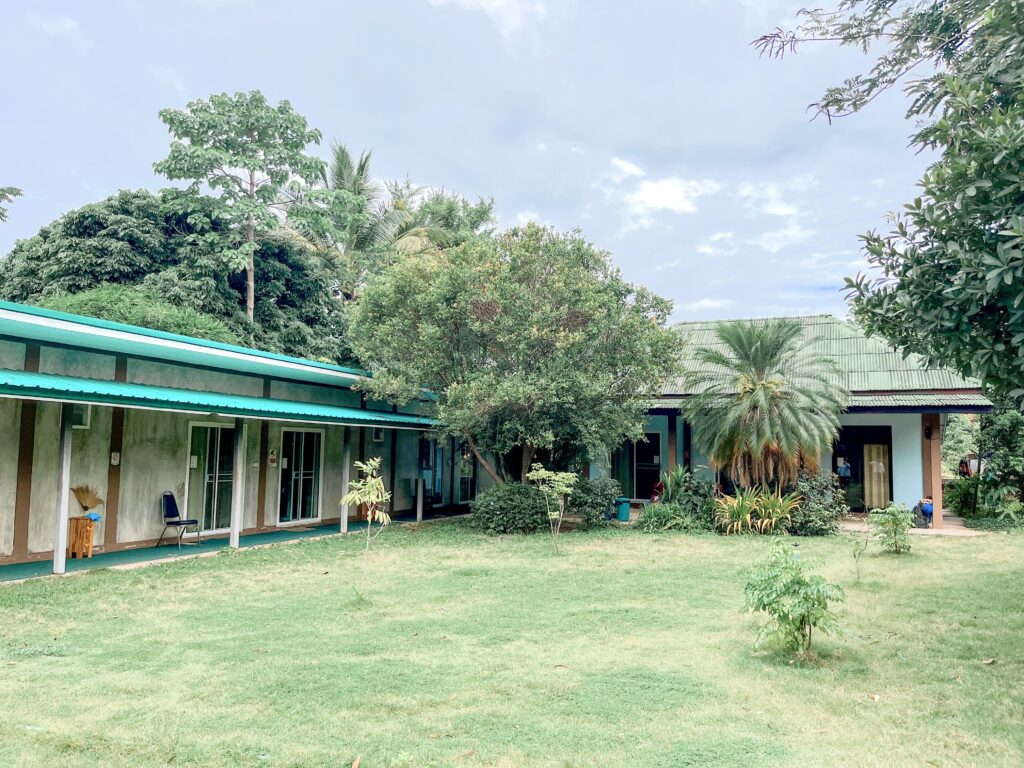
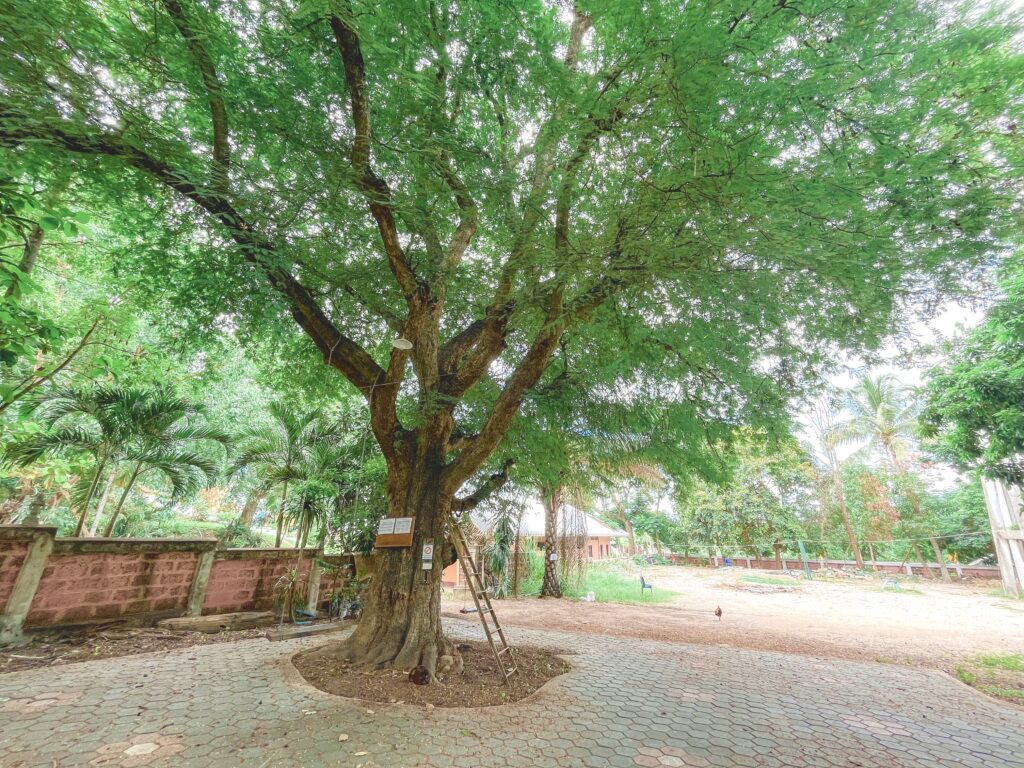
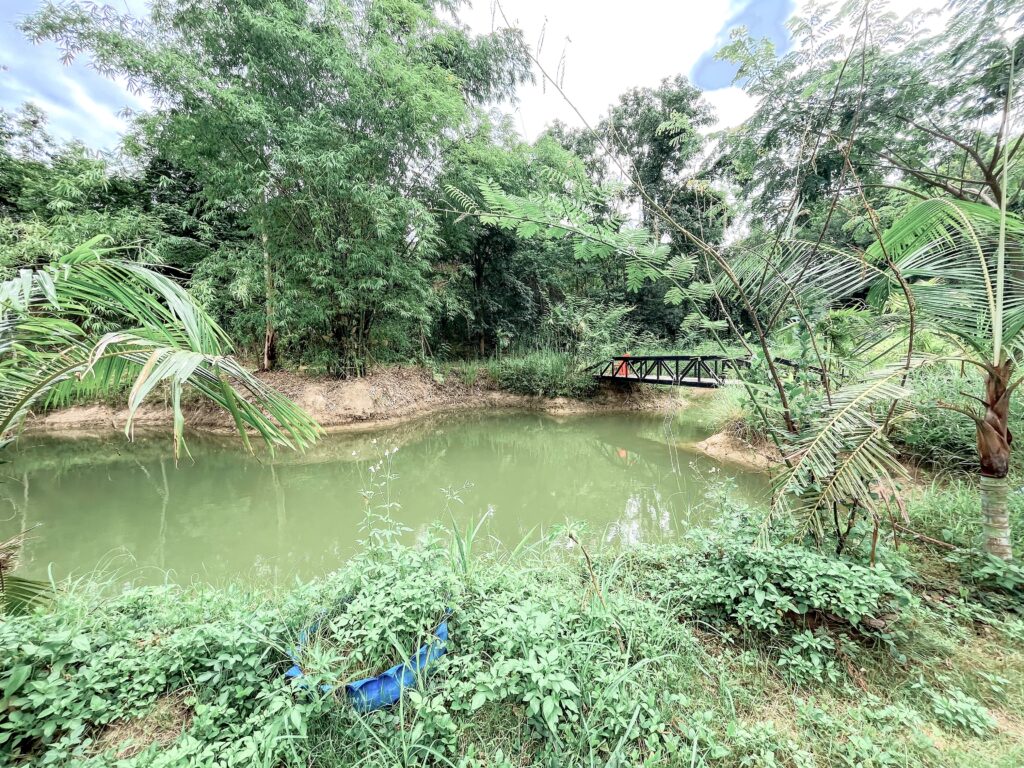
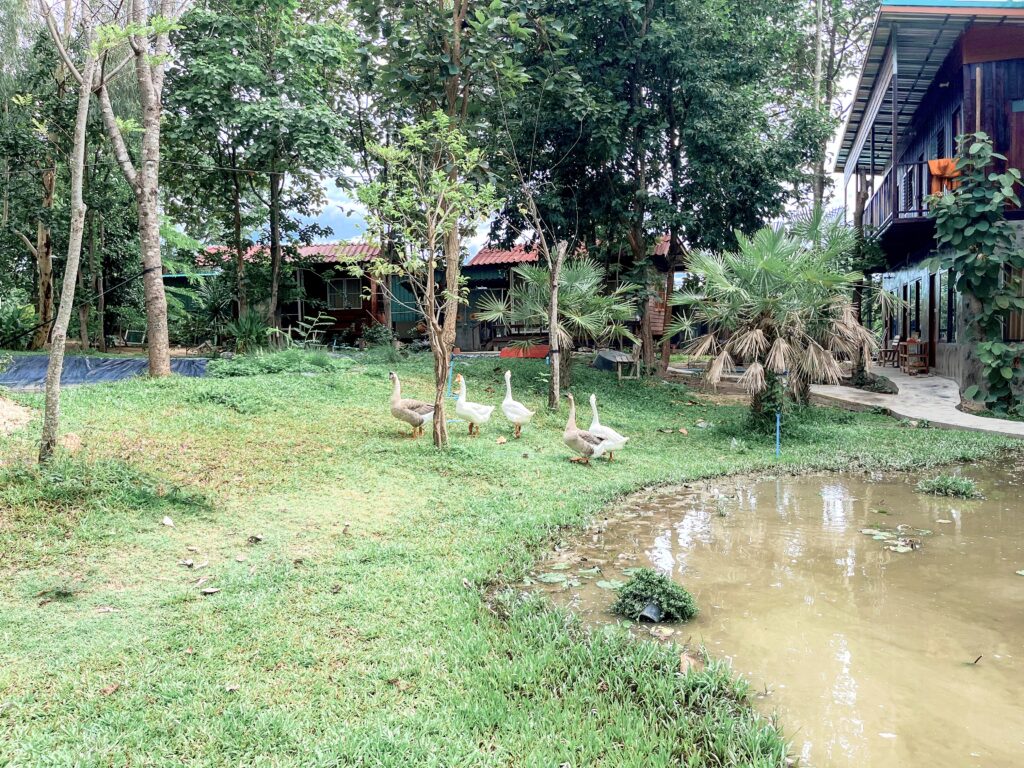
FAQs about Living
if i am travelling with a friend, can we stay together? Couples are not allowed to stay together. If found in the same room, you will be evicted immediately. If you are unable to stay alone, notify the reservation office for special consideration by case.
What are the costs for the stay? Our policy do not have fixed charge per person/day for fan room.To donate, put your money into a white envelope with your name and drop it into the donation box at the reservation office, or ask for the temple official receipt. The monastery does not force you to make donation, but your contribution supports the meditation program. Air-conditioned room have minimum donation of 300 baht per day. The participant may choose the type of room out of free will.100 Baht for bed laundry to pay one time only.
How important is the air-conditioned room for the meditators ?The weather in Thailand from April to July has an average temperature of 35-40 degrees Celsius (95-104 Fahrenheit). Travellers from cooler countries may not be aclimated to the hot and humid climate. It may take a few days to adjust, which may cause sleep deprivation. So, the center offers the AC option for those interested. However, please check with the weather forecast before making a decision.
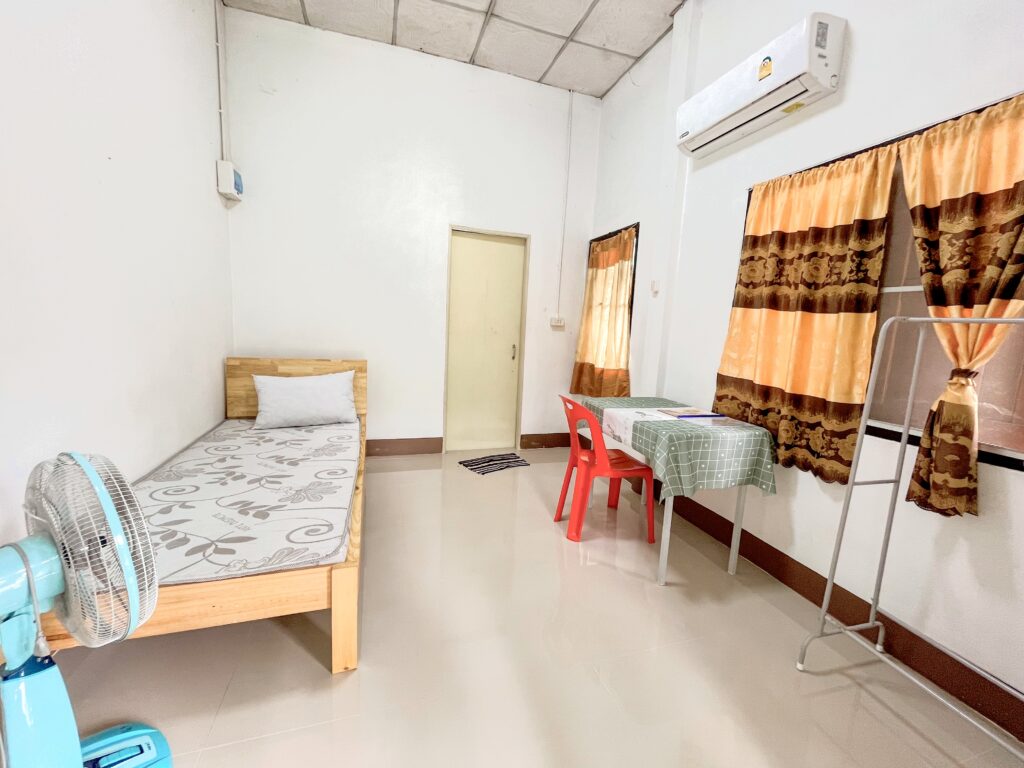
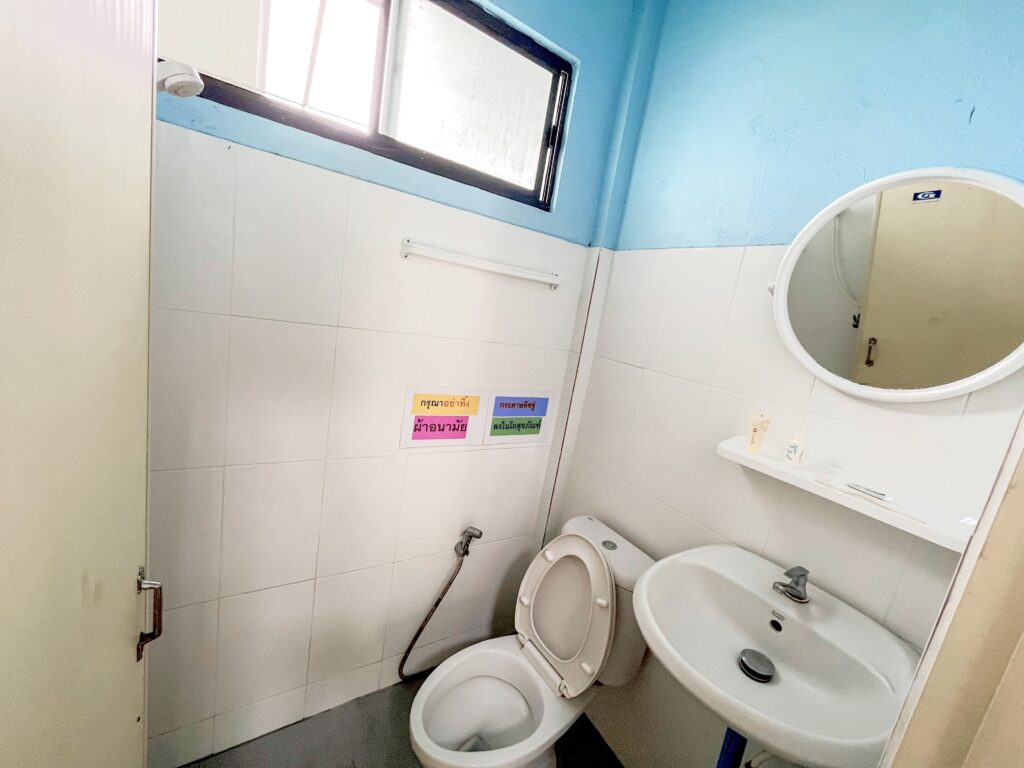
Reatreat at Wat Sopharam
You can attend a meditation retreat for 5 to 21 days. You may always visit the temple to speak with monks and ask questions whenever it is convenient for you.
The bell ring in the temple
Open-Air Hall upstairs
After the chanting, there is sometimes an opportunity for a brief personal interview with ajahn Puttar.
Clean and maintain the shared spaces within the temple premises.
Meet at the Vihara Main Temple upstairs
This activity is optional and perfect for anybody interested in learning about Buddhist culture in Thailand.
Classroom near Pagoda (Stupa)
Sometimes canceled or postponed on special occasions.
Option for Personal Interview with ajahn
Open-Air Hall upstairs
Open-Air Hall upstairs
Open-Air Hall upstairs
* indicates that this activity is for all meditators and that they must participate every day.
Eight Precepts
1. I undertake the precept to refrain from DESTROYING LIVING CREATURES.
2. I undertake the precept to refrain from TAKING THAT WHICH IS NOT GIVEN.
3. I undertake the precept to refrain from SEXUAL MISCONDUCT.
4. I undertake the precept to refrain from DISHONESTY, SLANDERING, HARSH LANGUAGE.
5. I undertake the precept to refrain from INTOXICATING DRINKS AND DRUGS which lead to carelessness.
6. I undertake the precept to refrain from EATING AT THE FORBIDDEN TIME (after noon).
7. I undertake the precept to refrain from dancing, singing, music, going to see entertainments, wearing garlands, using perfumes, and beautifying the body with cosmetics.
8. I undertake the precept to refrain from LYING ON A HIGH OR LUXURIOUS SLEEPING PLACE.
F.A.Q.
Most frequent questions and answers about meditation retreat
There are no fixed times for the start of the retreat, but the shortest length of stay is five days and the maximum length of stay is 21 days (including check-in and check-out days). The first step, however, is to submit an application with the dates you want to attend so that we can make sure there is availability for the period you requested. Depending on room availability, you may be able to extend your stay beyond the initial dates you booked.
Not any experience are required. We teach absolute beginners as well as advanced practitioners.
“If traveling by car, bike, or taxi, one can use the map on the Contact page. If traveling by public transport from Chiang Mai City, one can catch a yellow bus from the Chiang Mai Gate.”
The torso should not be exposed. It is preferable to dress in white, although it is not required (you can buy white cloth in the temple). The most essential thing is to dress modestly. Choose a loose & comfortable outfit (not tight-fitting, no leggings, not too bright, no crop shirt, no shoulderfree, skirt sould be at least maxi length).
Absolutely no drugs, marijuana, or alcohol can be consumed. No smoking tobacco in public places or in closed rooms.
There is fresh food collected by the monks and novices on their daily alms round. Which you can even join and experience for yourself. As well as 3-4 speratly cooked dishes, which change every day, always including a vegetarian one.
Participation in the courses is based on Dana (Donation). We specifically do not give any recommendation for the amount of Dana. This is in accordance with the Buddhist tradition that the value of the teaching cannot be measured in terms of money.
Giving and generosity are active aspects of any spiritual practice. They help to maintain the teaching and to make it available to everyone.
Yes, be it money, school supplies for children, old books or even plants, anything is welcome. But there is no obligation to it, give what you want.
Yes, you can use chair or any meditation cushion that is more sutable for you. Meditation is not about torturing yourself. Actually it works best if you are relaxed.
- Every meditator reports to the meditation teacher on a daily basis.
They report on what they observed and experienced throughout the practice that day. The teacher will suggest any necessary modifications, provide further guidance, and attempt to motivate the meditator to maintain his or her practice. - Describe feelings and sensations; imagination and thoughts; and mindfulness of daily activities.
- Try to be brief and to the point.
- Please pay close attention to and follow all of the teacher’s instructions. If you have any difficulties, ask the teacher.
- Report all experiences, even if they appear insignificant to you.
- Many meditators feel that taking short written notes after each meditation is beneficial, although one should not attempt to remember everything while meditating.
